- News
-
-
-
-
-
Latest News Articles
- Q&A: TEK and the wildlife profession April 24, 2024
- History may point to a brighter future for Canada lynx April 24, 2024
- New maps expand picture of big-game migrations in the West April 23, 2024
-
-
-
- Wildlife Professional Resources
-
- Our Network
-
- PUBLICATIONS
-
-
Recent Posts
-
 The Wildlife Professional November/December Issue
November 1, 2023
The Wildlife Professional November/December Issue
November 1, 2023
-
-
-
-
-
-
- Wildlife Events
-
-
-
Upcoming Webinars
- No Events
-
-
-
- Who We Are
-
Tag: TWS2021
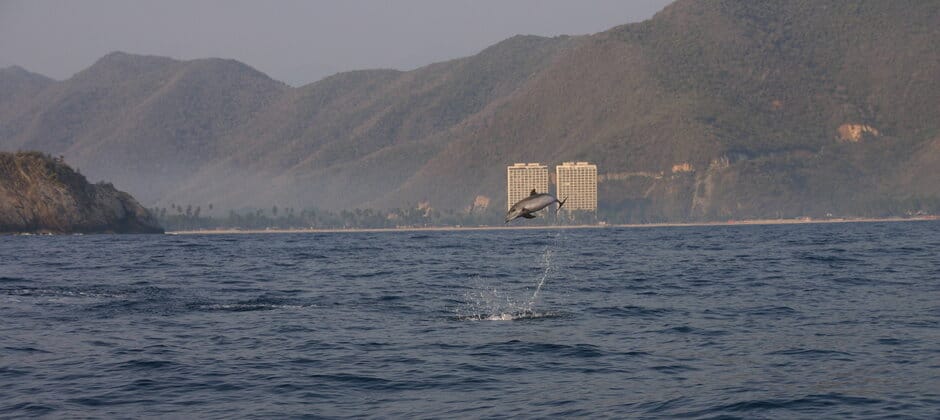
December 17, 2021
Wild Cam: Tracking Venezuelan dolphins
Researchers are tracking dolphin populations across parts of the Venezuelan coast in an effort to improve information in an understudied part of the Caribbean Sea. “Venezuela holds 33% of the...
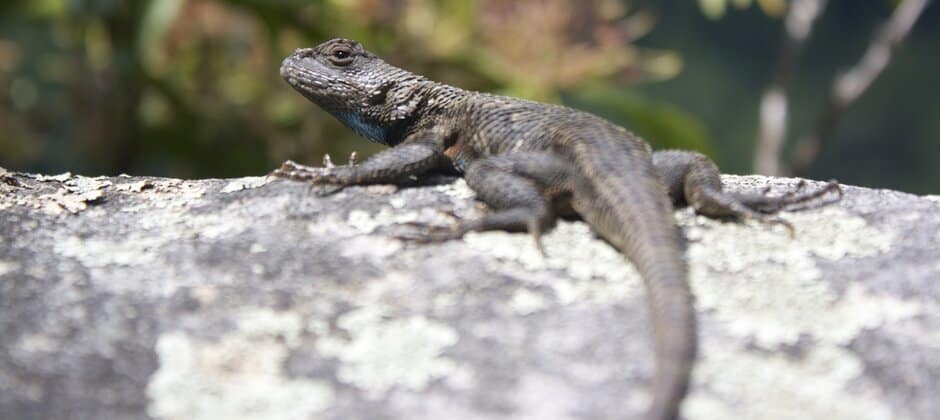
November 10, 2021
TWS2021: Eating fire ants may protect fence lizards
Eastern fence lizards may be eating their way to immunity from invasive ant venom in the Southeastern United States. Red imported fire ants (Solenopsis invicta) were first introduced to states...
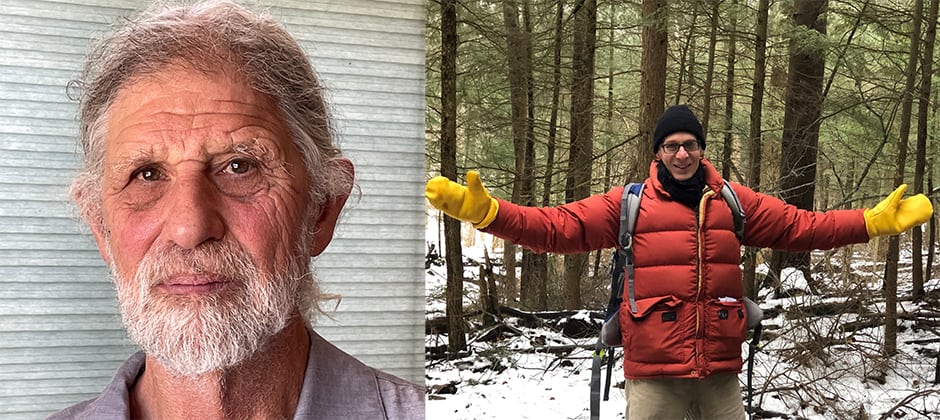
November 8, 2021
Block, Blackwell earn McAtee-Burger Award
Bill Block, associate editor for the Journal of Wildlife Management, and Bradley Blackwell, associate editor for the Wildlife Society Bulletin, are the 2021 recipients of the W. L. McAtee and...
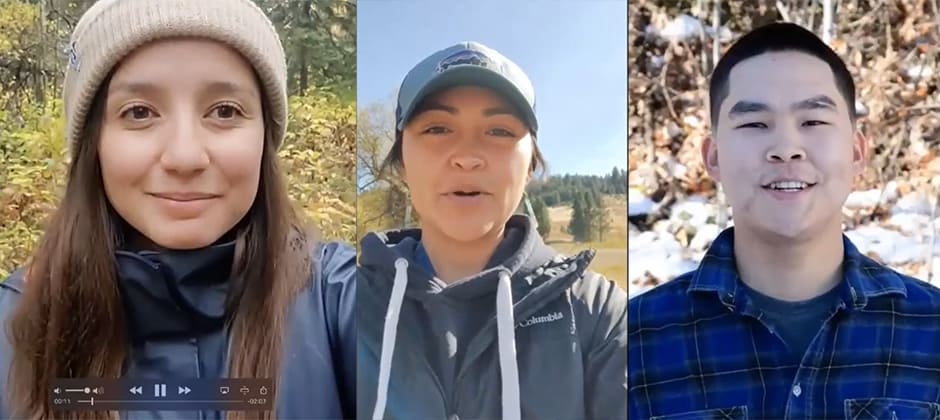
November 5, 2021
Exciting week concludes at TWS virtual conference
It’s been an exciting week at The Wildlife Society’s 2021 Virtual Conference. About 2,400 wildifers registered for this year’s conference, taking part in a week of thought-provoking discussions, presentations on...
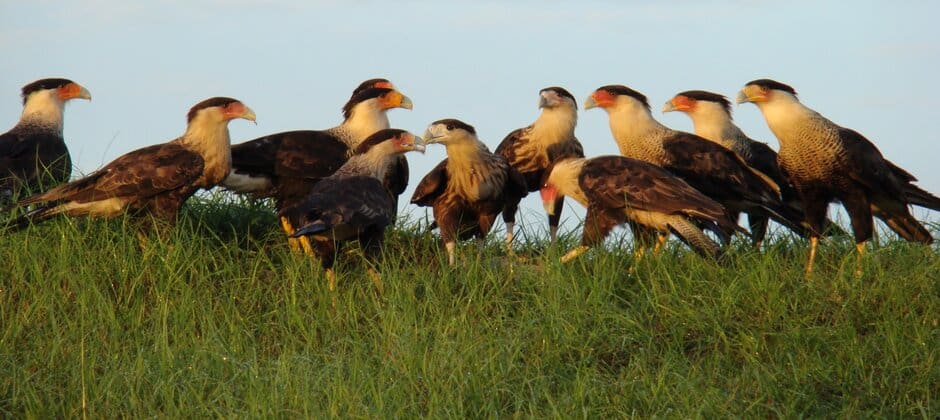
November 4, 2021
TWS2021: Florida crested caracaras are genetically distinct
Crested caracaras are found widely across the American tropics, but the species’ northern range pushes into some of the southernmost states in the U.S. While this falcon is relatively common...

November 2, 2021
TWS2021: Limited evidence birds confuse solar panels with lakes
Aquatic bird carcasses have been discovered around solar power facilities for years, even when these developments are miles from water bodies. Researchers have previously hypothesized a “lake effect” where these...

November 2, 2021
What’s happening Wednesday at TWS’ Virtual Conference?
The third day of The Wildlife Society’s 2021 Virtual Conference brings a lineup of symposia and other events for participants to expand their knowledge and their networks. Symposia Ecology and...
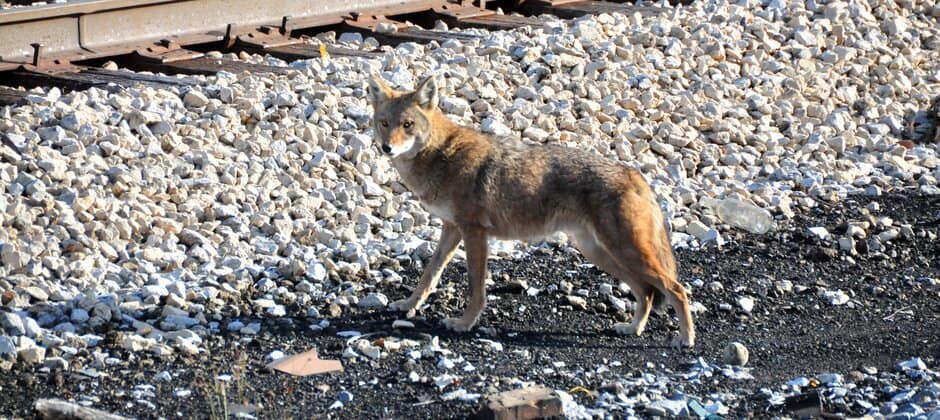
November 1, 2021
TWS2021: Translocated nuisance coyotes have low survival
Coyotes have woven their way into the ecological fabric of urban life in many North American cities, but they can also cause conflicts with people. “Their intelligence and adaptability makes...
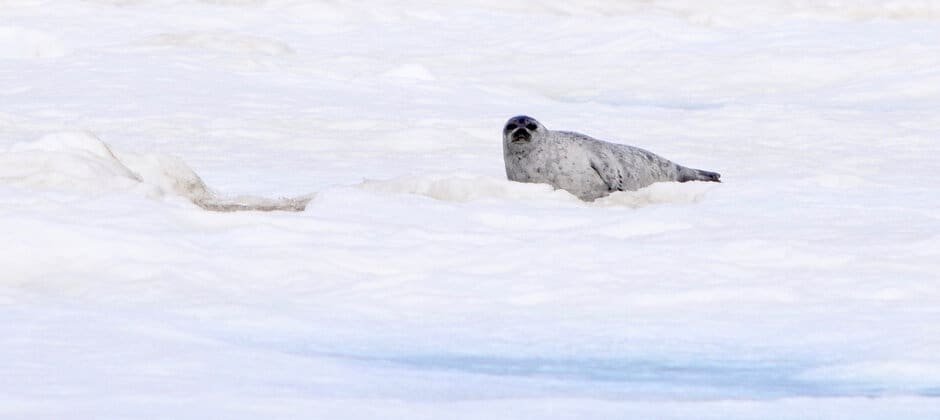
October 29, 2021
TWS2021: Climate change may shift seal prey in Arctic
Climate change could change the number and location of fish that seals prey on in Hudson Bay by the end of the century, likely affecting seal populations. Past studies have...
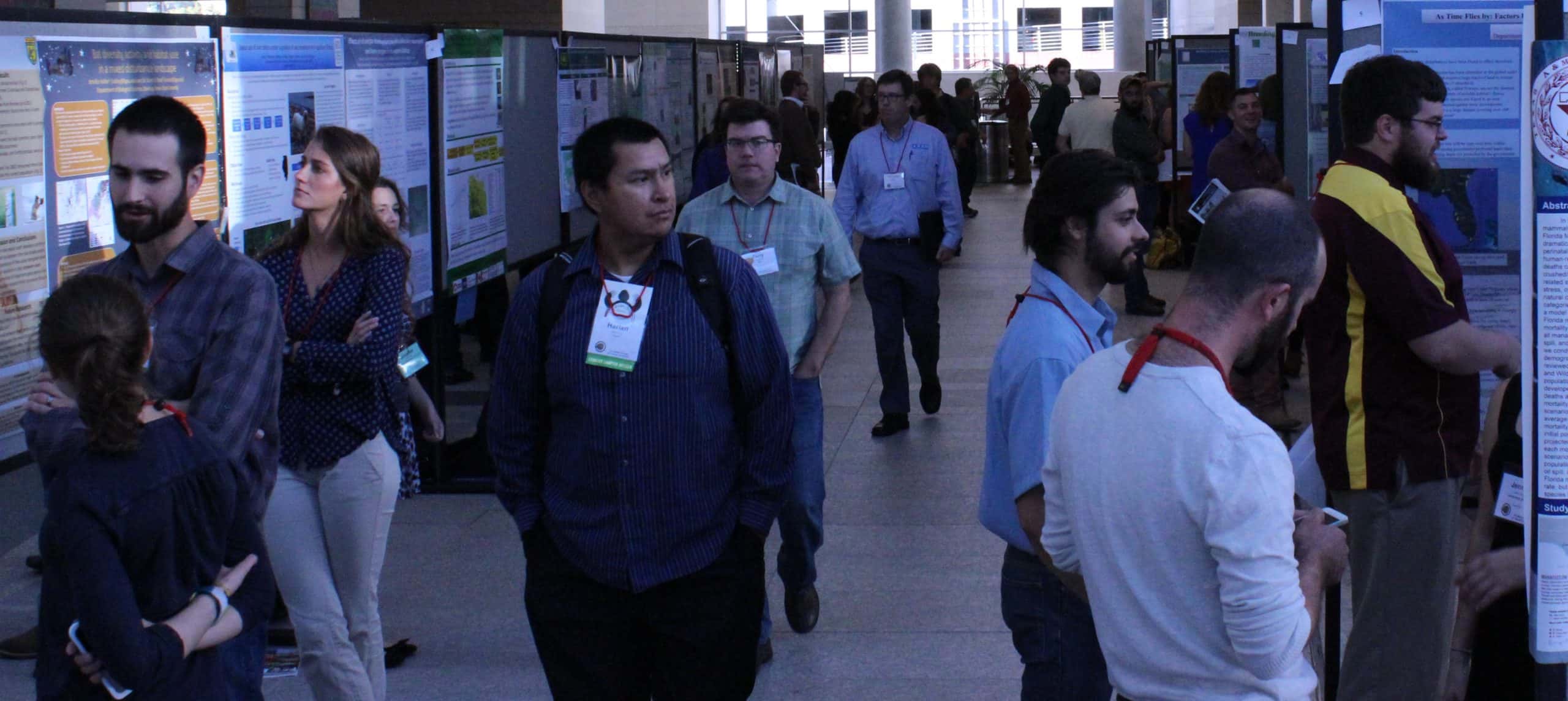
October 29, 2021
TWS2021: Student posters highlight a wealth of research
Uncovering wild carnivore conflicts in the Himalayan region and analyzing a new hound bear-hunt in Georgia are just a two topics that will be covered and displayed virtually on posters...

